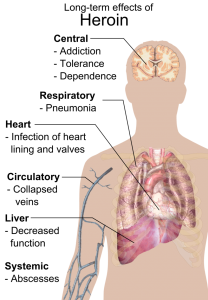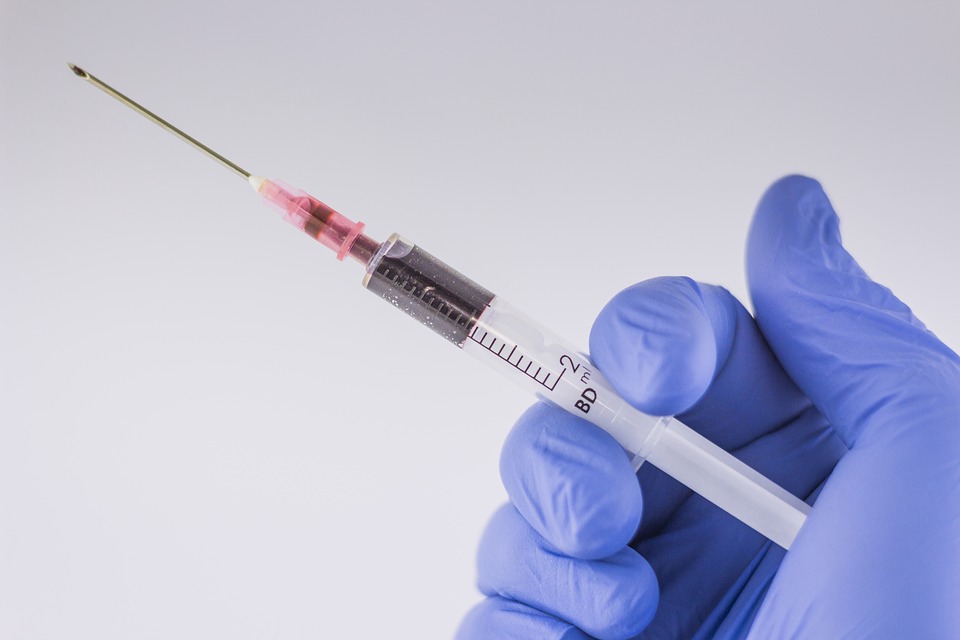Bournemouth is amongst the top ten percent of territories in England and Wales for deaths related to morphine and heroin use according to data provided by the Office of National Statistics.
The statistics, which are divided into three 3-year subsets, showed that Bournemouth has continued to be one of the most severely affected areas, responsible for a greater percentage of deaths than the national average for all three periods.
Associated drug deaths are defined as the following:
- Mental and behavioural disorders due to drug use (excluding alcohol and tobacco).
- Accidental poisoning by drugs, medicaments and biological substances.
- Intentional self-poisoning by drugs, medicaments and biological substances.
- Assault by drugs, medicaments and biological substances.
- Poisoning by drugs, medicaments and biological substances, undetermined intent.

Of the 348 territories recorded there were:
2250 deaths in 2006-2008 (Bournemouth responsible for 1.4% of these instances)
2060 deaths in 2009-2011 (Bournemouth responsible for 0.7% of these instances)
2141 deaths in 2012-2014 (Bournemouth responsible for 0.9% of these instances)
By using 2011 census data to calculate percentages, there are 183,491 people living in Bournemouth, and 64.1 million in the UK, therefore Bournemouth only makes up 0.2% of the UK population, and thus each year was responsible for a substantially greater number of deaths than the UK average would suggest it should be.
A freedom of Information request to Poole Addictions Community Team (PACT) revealed protocol from point of referral by the Substance Misuse Assessment Referral Team (SMART) to treatment and recovery.
According to PACT, as part of the reassessment process, each new drug client is seen by PACT’s prescribing Doctor and in accordance with the “Orange Guidelines,” is safely and responsibly administered a substitute prescription, where clinically applicable. Initially, all new clients are made subject to the daily supervised consumption of their substitute medication. If clients successfully adhere to the boundaries of their treatment, thereby reaching their goal, they may be offered the option of being prescribed the opiate antagonist, Naltrexone.






